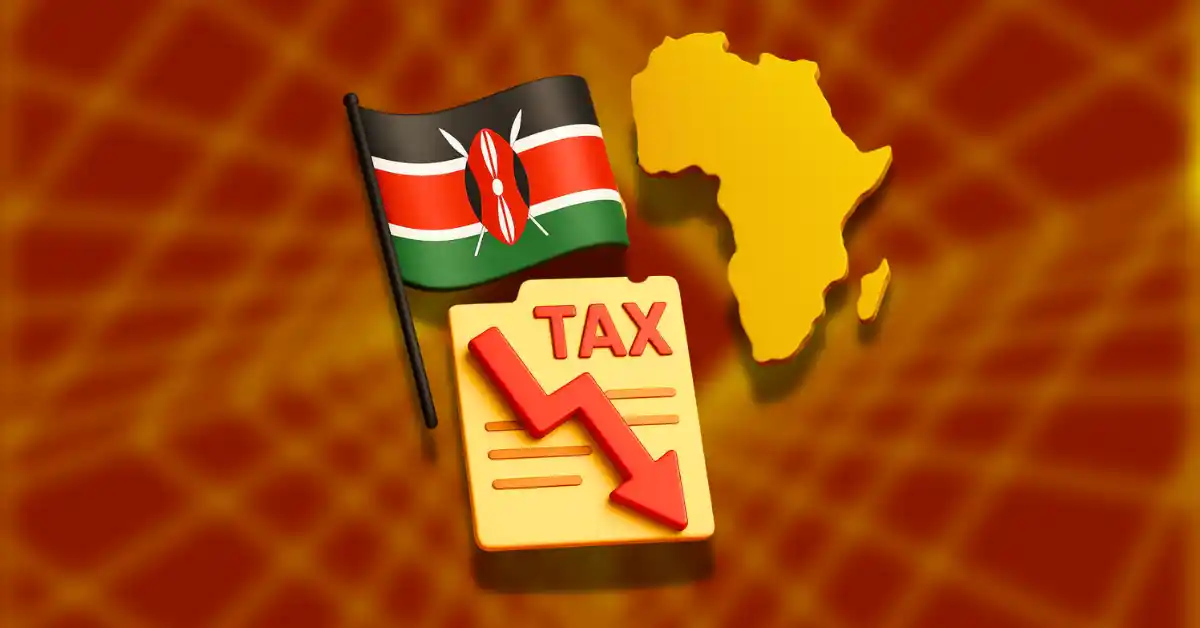
As Kenya imposes a 1.5% tax on every crypto transaction, it threatens to disrupt Africa’s digital integration. It can also jeopardize the region’s fintech leadership, driving startups and talent abroad. The African Continental Free Trade Area (AfCFTA) sees 54 nations as a unified market incorporating digital assets. But new rules and regulations in different African countries threaten this vision of unity.
With a revised 1.5% crypto transactions tax, the nation risks losing regional fintech leadership, startup businesses overseas, and fracturing Africa’s digital economy, along with undermining its crypto revenue.
It also pushes young African crypto users and tech enthusiasts to pursue unregulated platforms and informal channels. Many Kenyans, whose primary income is from trading cryptocurrency, are at risk of losing income. Freelancers who converted crypto into money to pay rent or school fees might lose their income.
It also threatens content creators, developers, stakers, validators, and NFT artists who use cryptocurrency assets as daily payment roots. The National Assembly Committee on Finance and National Planning suggests a fourth point path for adequate crypto tax regulation in Kenya.
Besides crypto tax, Kenya is also considering the Virtual Asset Service Providers (VASPs) Bill 2025. The bill aims to strengthen existing regulations, such as anti-money laundering (AML) and countering the financing of terrorism (CFT), along with reducing illicit financial flows.
However, Kenya’s current draft framework lacks privacy-preserving mechanisms, risking citizen privacy. The bill has been questioned by parliament about the data privacy clause in the Finance Bill 2025.
In Kenya, a 1.5% tax is imposed on every crypto transaction, which applies to transfers and exchanges regardless of whether a gain is made. This is a revised rate from an earlier 3%.
While cryptocurrency is not explicitly banned in Kenya, it is also not recognized as legal tender. The Central Bank of Kenya has historically issued warnings about its risks. However, Kenya is currently moving towards establishing a comprehensive legal and regulatory framework for digital assets, including the Virtual Asset Service Providers (VASPs) Bill 2025. This indicates a shift towards formalizing its use.
CoinPedia has been delivering accurate and timely cryptocurrency and blockchain updates since 2017. All content is created by our expert panel of analysts and journalists, following strict Editorial Guidelines based on E-E-A-T (Experience, Expertise, Authoritativeness, Trustworthiness). Every article is fact-checked against reputable sources to ensure accuracy, transparency, and reliability. Our review policy guarantees unbiased evaluations when recommending exchanges, platforms, or tools. We strive to provide timely updates about everything crypto & blockchain, right from startups to industry majors.
All opinions and insights shared represent the author's own views on current market conditions. Please do your own research before making investment decisions. Neither the writer nor the publication assumes responsibility for your financial choices.
Sponsored content and affiliate links may appear on our site. Advertisements are marked clearly, and our editorial content remains entirely independent from our ad partners.
Macro headwinds have catalyzed selling behaviour in the last few days, making back-to-back weekend dumps…
XRP is yet again commanding attention because the 2025 bull market intensifies. Trading at $2.37,…
XRP is once again making headlines as traders anticipate a strong breakout in the months…
Binance has announced that it banned more than 600 accounts last week for using unauthorized…
Story Highlights The live price of SUI crypto is . The SUI price is expected…
Story Highlights Solana Price Today is . Solana coin price could reach a potential high…